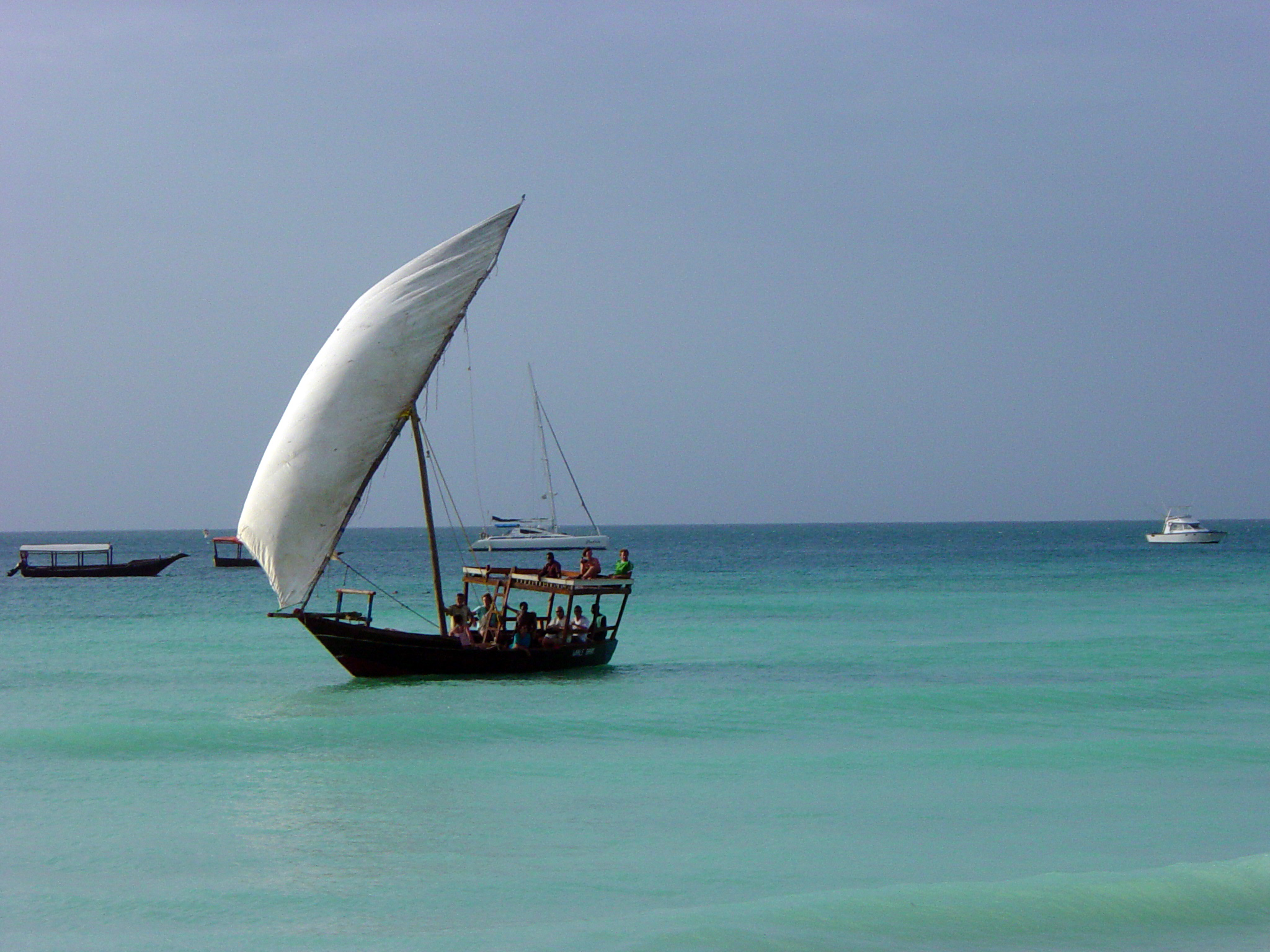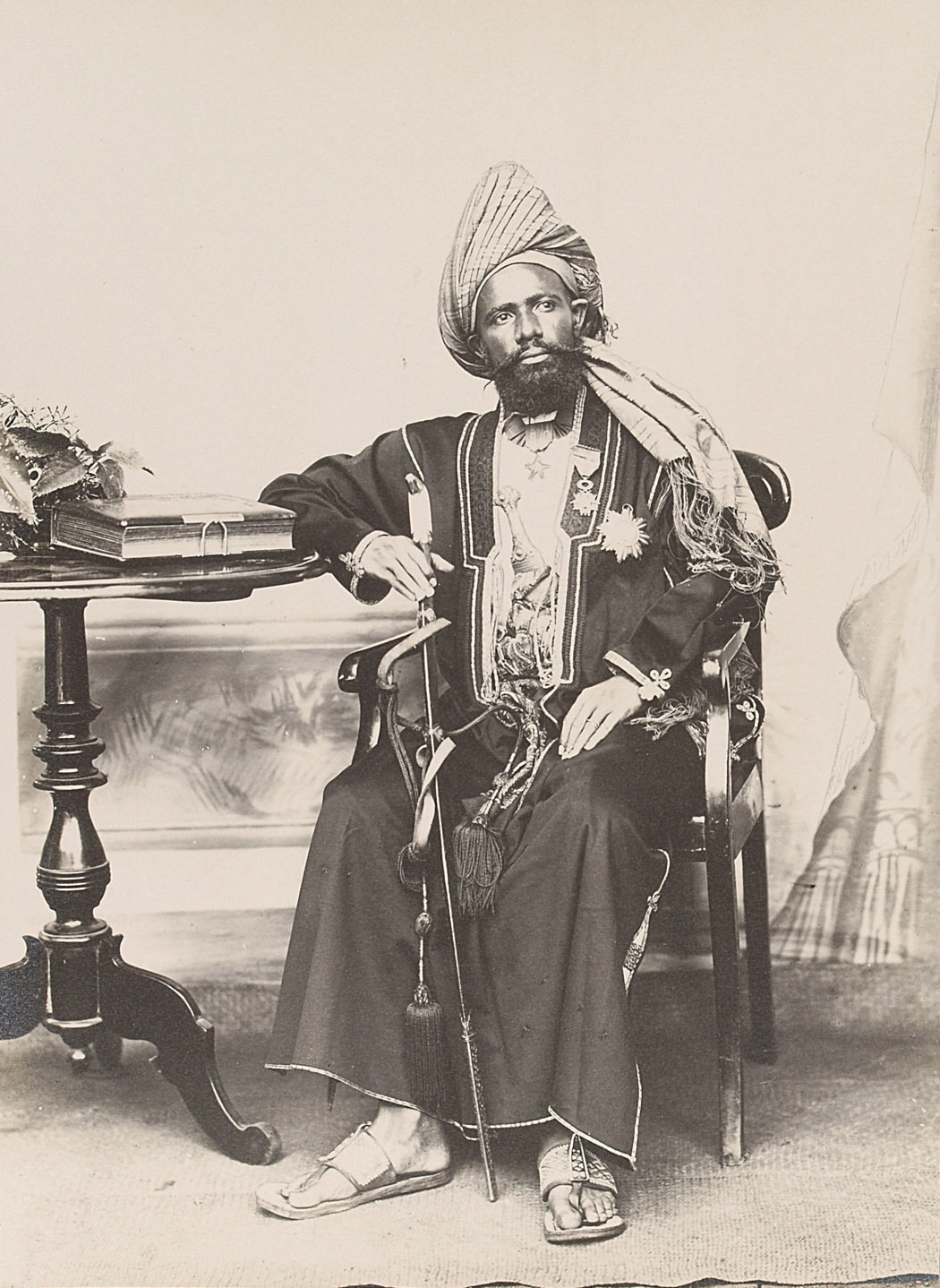|
2001 Comorian Constitutional Referendum
A constitutional referendum was held in the Comoros on 23 December 2001. The proposed amendments to the constitution were approved by 77% of voters, with a turnout of 75.4%. Background The amendments to the constitution provided for a federal state, with a large degree of autonomy for the three islands Anjouan, Grande Comore and Mohéli, each of which would have their own president and legislature. The national presidency would rotate between the three islands. Results References {{Comorian elections Comoros Referendums in the Comoros Constitutional A constitution is the aggregate of fundamental principles or established precedents that constitute the legal basis of a polity, organization or other type of entity, and commonly determines how that entity is to be governed. When these princ ... Constitutional referendums in the Comoros ... [...More Info...] [...Related Items...] OR: [Wikipedia] [Google] [Baidu] |
Comoros
The Comoros, officially the Union of the Comoros, is an archipelagic country made up of three islands in Southeastern Africa, located at the northern end of the Mozambique Channel in the Indian Ocean. Its capital and largest city is Moroni, Comoros, Moroni. The religion of the majority of the population, and the official state religion, is Sunni Islam. Comoros proclaimed its List of sovereign states by date of formation, independence from France on 6 July 1975. The Comoros is the only country of the Arab League which is entirely in the Southern Hemisphere. It is a member state of the African Union, the ''Organisation internationale de la Francophonie'', the Organisation of Islamic Co-operation, and the Indian Ocean Commission. The country has three official languages: Shikomori, French language, French and Arabic. At , the Comoros is the third-smallest African country by area after São Tomé and Príncipe and Seychelles. In 2019, its population was estimated to be 850,886. ... [...More Info...] [...Related Items...] OR: [Wikipedia] [Google] [Baidu] |
Constitution Of The Comoros
The Constitution of the Comoros was adopted on 23 December 2001 and last amended in May 2009. Current constitution Constitutional history 1977–1991 The 1977 constitutiontext) proposed by the government of Ali Soilih was approved by only 55 percent of voters in an October 1977 referendum. After taking office, Ahmed Abdallah consolidated power, beginning with the writing of a new constitution, approved in 1978text).. The document combined federalism and centralism. It granted each island its own legislature and control over taxes levied on individuals and businesses resident on the island (perhaps with an eye to rapprochement with Mahore), while reserving strong executive powers for the president. It also restored Islam as the state religion, while acknowledging the rights of those who did not observe the Muslim faith. The new constitution was approved by 99 percent of Comoran voters on October 1, 1978. Abdallah kept opponents from competing with him by amending the 1978 consti ... [...More Info...] [...Related Items...] OR: [Wikipedia] [Google] [Baidu] |
Anjouan
Anjouan () is an autonomous volcanic island in the Comoro Islands in the southwestern Indian Ocean, part of the Comoros, Union of the Comoros. It is known in Comorian languages, Shikomori as Ndzuani, Ndzuwani or Nzwani, and, until the early twentieth century when the name fell out of general use (although still sometimes used by English-speakers in Zanzibar), in English as Johanna. Historically it was also called Hinzuan or Hanzoan. Its chief town is Mutsamudu and, , its population is around 277,500. The total area of the island is 424 square kilometers (163 square miles). History Early and colonial history The first inhabitants of the island were Bantu people, Bantu-speaking peoples from eastern Africa and navigators from Indonesia and Southwest Asia. In the late fifteenth century high status Hadhrami people, Hadrami Arab immigrants married into the local ruling classes and established a sultanate that extended its control over the entire island and occasionally extending th ... [...More Info...] [...Related Items...] OR: [Wikipedia] [Google] [Baidu] |
Grande Comore
Grande Comore (; ) is an island in Comoros off the coast of Africa. It is the largest island in the Comoros nation. Most of its population is of the Comorian ethnic group. Its population is about 316,600. The island's capital is Moroni, which is also the national capital. The island is made up of two shield volcanoes, with Mount Karthala being the country's highest point at above sea level. According to the 2009 revision of the constitution of 2002, it is governed by an elected Governor, as are the other islands, with the federal government being much reduced in power. The name Ngazidja is sometimes seen in the now nonstandard form Njazidja. History For several centuries, Grande Comore was divided into a number of sultanates, including Bambao, Itsandra, Mitsamihuli, Mbajini, Hambuu, Washili, Hamahame, Mbwankuu, Mbude and Domba. The sultans were also known as ''mfaume''. In 1886, the ruler of Anjouan, Sultan Said Ali bin Said Omar declared a "state of Ngazidja", usurping ... [...More Info...] [...Related Items...] OR: [Wikipedia] [Google] [Baidu] |
Mohéli
Mohéli , also known as Mwali, is an autonomously-governed island that forms part of the Union of the Comoros. It is the smallest of the three major islands in the country. It is located in the Indian Ocean off the coast of Africa and it is the smallest of the four major Comoro Islands. Its capital and largest city is Fomboni. History Until 1830, Mohéli was part of the Ndzuwani Sultanate, which also controlled the neighbouring island of Anjouan. In 1830, migrants from Madagascar led by Ramanetaka, who later changed his name to Abderemane, took over the island and established the sultanate of Mwali. Its ruler was Queen Jumbe-Souli in the mid-nineteenth century. In 1886, France made the island a protectorate. Until 1889, Mwali had its own French resident, but the island was then subjugated to the residency of Anjouan. The sultanate was dismantled in 1909 following the French annexation of the island. French colonial stamps bearing the inscription "Mohéli" were circulat ... [...More Info...] [...Related Items...] OR: [Wikipedia] [Google] [Baidu] |
2001 Referendums
1 (one, unit, unity) is a number, numeral, and glyph. It is the first and smallest positive integer of the infinite sequence of natural numbers. This fundamental property has led to its unique uses in other fields, ranging from science to sports, where it commonly denotes the first, leading, or top thing in a group. 1 is the unit of counting or measurement, a determiner for singular nouns, and a gender-neutral pronoun. Historically, the representation of 1 evolved from ancient Sumerian and Babylonian symbols to the modern Arabic numeral. In mathematics, 1 is the multiplicative identity, meaning that any number multiplied by 1 equals the same number. 1 is by convention not considered a prime number. In digital technology, 1 represents the "on" state in binary code, the foundation of computing. Philosophically, 1 symbolizes the ultimate reality or source of existence in various traditions. In mathematics The number 1 is the first natural number after 0. Each natural ... [...More Info...] [...Related Items...] OR: [Wikipedia] [Google] [Baidu] |
Referendums In The Comoros
A referendum, plebiscite, or ballot measure is a direct vote by the electorate (rather than their representatives) on a proposal, law, or political issue. A referendum may be either binding (resulting in the adoption of a new policy) or advisory (functioning like a large-scale opinion poll). Etymology 'Referendum' is the gerundive form of the Latin verb , literally "to carry back" (from the verb , "to bear, bring, carry" plus the inseparable prefix , here meaning "back"Marchant & Charles, Cassell's Latin Dictionary, 1928, p. 469.). As a gerundive is an adjective,A gerundive is a verbal adjective (Kennedy's Shorter Latin Primer, 1962 edition, p. 91.) not a noun, it cannot be used alone in Latin, and must be contained within a context attached to a noun such as , "A proposal which must be carried back to the people". The addition of the verb (3rd person singular, ) to a gerundive, denotes the idea of necessity or compulsion, that which "must" be done, rather than that which ... [...More Info...] [...Related Items...] OR: [Wikipedia] [Google] [Baidu] |
2001 In The Comoros
1 (one, unit, unity) is a number, numeral, and glyph. It is the first and smallest positive integer of the infinite sequence of natural numbers. This fundamental property has led to its unique uses in other fields, ranging from science to sports, where it commonly denotes the first, leading, or top thing in a group. 1 is the unit of counting or measurement, a determiner for singular nouns, and a gender-neutral pronoun. Historically, the representation of 1 evolved from ancient Sumerian and Babylonian symbols to the modern Arabic numeral. In mathematics, 1 is the multiplicative identity, meaning that any number multiplied by 1 equals the same number. 1 is by convention not considered a prime number. In digital technology, 1 represents the "on" state in binary code, the foundation of computing. Philosophically, 1 symbolizes the ultimate reality or source of existence in various traditions. In mathematics The number 1 is the first natural number after 0. Each natural number, ... [...More Info...] [...Related Items...] OR: [Wikipedia] [Google] [Baidu] |



